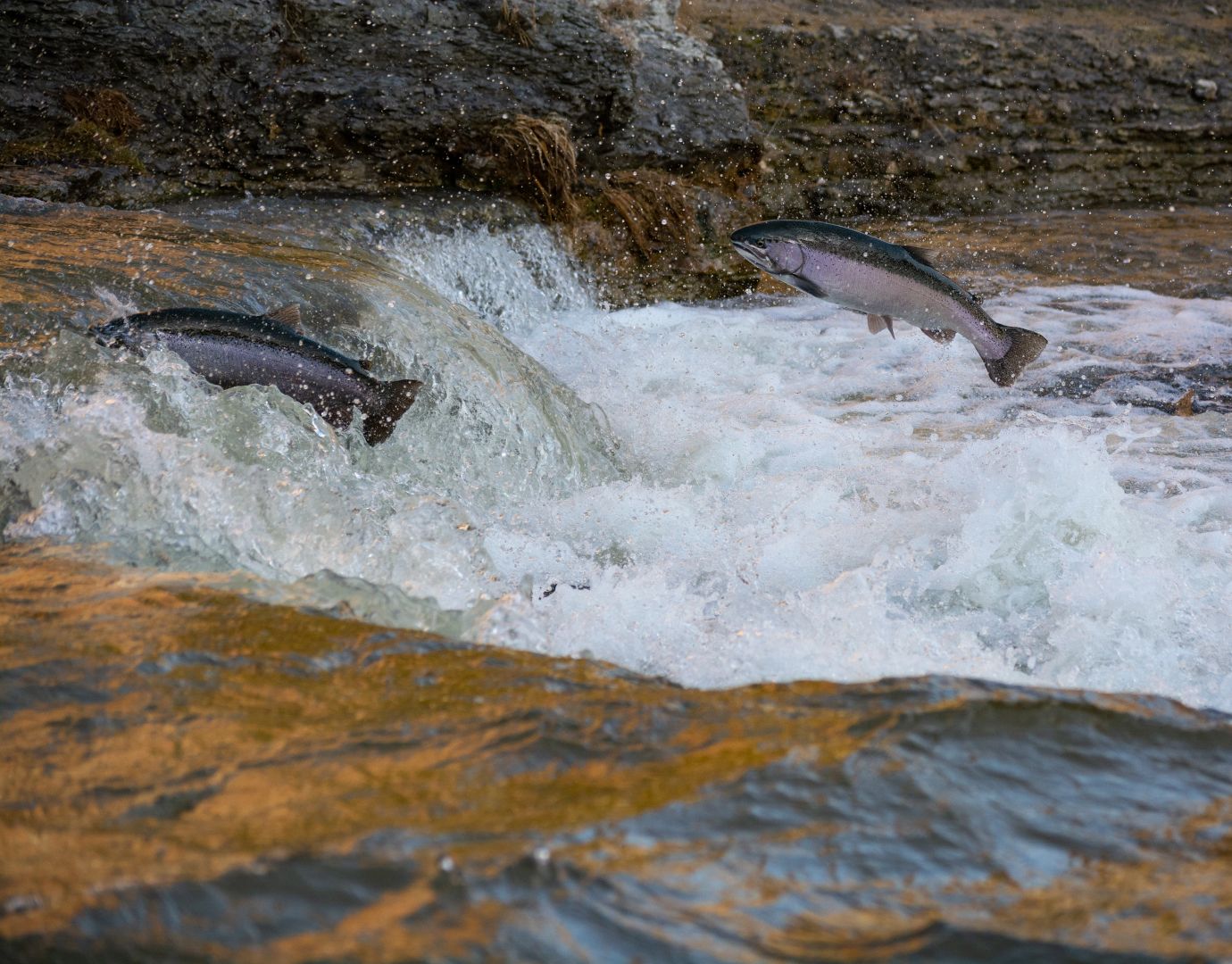SAN RAFAEL, Calif.— The Marin County Superior Court today ruled that the county in Northern California failed to adequately protect coho salmon and their habitat in the San Geronimo Valley.
Marin County originally planned to adopt a streamside conservation ordinance to preserve vegetation, maintain water quality and prevent erosion in 2007 when it last updated its countywide plan. But 12 years later, the measure has still not materialized, in violation of the California Environmental Quality Act.
The lawsuit was brought by the Salmon Protection And Watershed Network (SPAWN) and Center for Biological Diversity.
“Salmon continue to disappear while the county fails to provide adequate protection, and 14 years later we are still begging for relief,” said Todd Steiner, executive director of SPAWN. “All we have asked is for Marin County to enact a commonsense, science-based streamside protection ordinance. Instead it has delayed, spending hundreds of thousands of dollars to pay consultants to write additional studies and conduct listening sessions with stakeholders, and hundreds of thousands of dollars more to try to defend its inaction in court. Once again, this strategy of delay has been ruled illegal by the courts.”
Coho salmon in the Central California Coast have declined more than 95% from historic population levels. The fish are protected as an endangered species under the U.S. Endangered Species Act and the California Endangered Species Act.
The San Geronimo watershed includes 30% to 50% of the entire Lagunitas coho population, one of the largest remaining in the state. The county expects the number of developed parcels in the watershed to increase by 22% in the coming years. That will significantly degrade habitat along streams used by coho and steelhead for spawning and migrating to and from the Pacific Ocean.
The National Marine Fisheries Service has characterized the coho as in an “extinction vortex” and identified preserving streamside buffers — which filter runoff and remove sediment — as essential to curbing future threats to the coho.
“For years the county has blatantly ignored the need to protect salmon and steelhead habitat. The court’s ruling confirmed that officials have violated the law by failing to adopt measures to safeguard the San Geronimo watershed," said Peter J. Broderick, an attorney for the Center for Biological Diversity. “These runs of coho and steelhead are going extinct before our very eyes. The county now has no excuse for not adopting long-overdue stream protections.”
After an earlier successful lawsuit by SPAWN the county was required to issue a supplemental environmental impact report that confirmed a streamside protection ordinance is necessary to mitigate future development to reduce impacts to coho. But officials have attempted to obtain one to five years or more to adopt one.
“All our clients have wanted is for the County of Marin to abide by California law and ensure that development in the San Geronimo Valley is done responsibly, not at the cost of extinction of endangered and threatened species,” said Maddie Coles, certified law student of the Stanford Law School Environmental Law Clinic. “Today the court recognized that responsibility.”
“We are ready to sit down with the county today and construct that commonsense ordinance,” Steiner said.
SPAWN and Center for Biological Diversity were represented by attorneys at the Stanford Law School Environmental Law Clinic and the Law Offices of Michael W. Graf.
“As a member of SPAWN and the Center for Biological Diversity’s legal team, and personally as a citizen of Marin, I am thrilled about today’s decision,” said Kate Gaumond, certified law student of the Stanford Law School Environmental Law Clinic. “Marin County’s natural resources are so unique, and it is in everyone’s interest to ensure those resources are protected for future generations as the county grows.”
The Salmon Protection And Watershed Network (SPAWN), is a program of national marine conservation nonprofit Turtle Island Restoration Network. SPAWN protects endangered, wild Coho salmon and the forests and watersheds they need to survive in West Marin County, California. The Center for Biological Diversity is a national, nonprofit conservation organization with more than 1.7 million members and online activists dedicated to the protection of endangered species and wild places.
